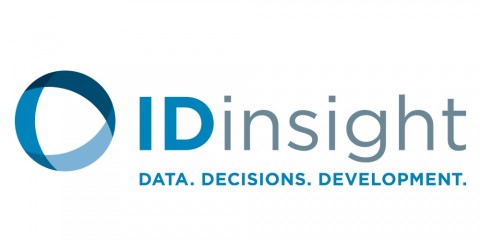Purpose
To provide research support to UNICEF in order to improve the social impact and cost-effectiveness of UNICEF’s water, sanitation and hygiene interventions.
Activities
IDinsight will determine which evaluation activity is most appropriate (impact evaluation, nimble process evaluation, data analysis support, among others) to generate the evidence needed to answer several of the questions identified by UNICEF’s WASH teams in Kenya and the Philippines.
Countries of activity
Location of main activity
Objectives
To provide research support to UNICEF in order to improve the social impact and cost-effectiveness of UNICEF’s water, sanitation and hygiene interventions
Further information
Project update in Nov 2017 at the "MEDS Convening 2018
Conversations about Sanitation, SDGs and Research
Patna, Bihar, 2017":
Lilian Lehman presented on the IDinsight UNICEF learning
partnership. IDinsight teams were embedded in two UNICEF
country offices to support UNICEF WASH programs to generate
and use rigorous evidence to inform decisions on design and
scale-up of their interventions. In Kenya UNICEF was interested
in finding out how to incorporate nutrition messages into
sanitation programming: could it be done? Was it feasible?
Would it show an impact? And in The Philippines UNICEF
wanted to inform modifications of a sanitation subsidy program
to improve access.
Lessons learnt from this partnership include:
• Embeddedness is central to understanding the program
and identifying evidence needs / questions not immediately
obvious
• Capacity building is mutually beneficial, allows evaluation
team to identify needs and focuses on implementation team
“mind-set shift”
• Longer time-lines (~2.5 years min.) for integration and
alignment with program cycle, esp. for question sourcing
and follow-up
• A suite of evaluation methodologies should be considered, as
not all decision-relevant questions in need of better evidence
lend themselves to an impact evaluation
• Alignment of key stakeholders and funding from beginning
is critical for follow-up and scaling
Filter tags
Behaviour change Bill & Melinda Gates Foundation East Asia & Pacific Enabling environment and institutional strengthening Health and hygiene North America Political processes and institutional aspects Private sector, including social enterprises Sub-Saharan Africa
Links

Uploaded by:
danijela milosevic (milli)














